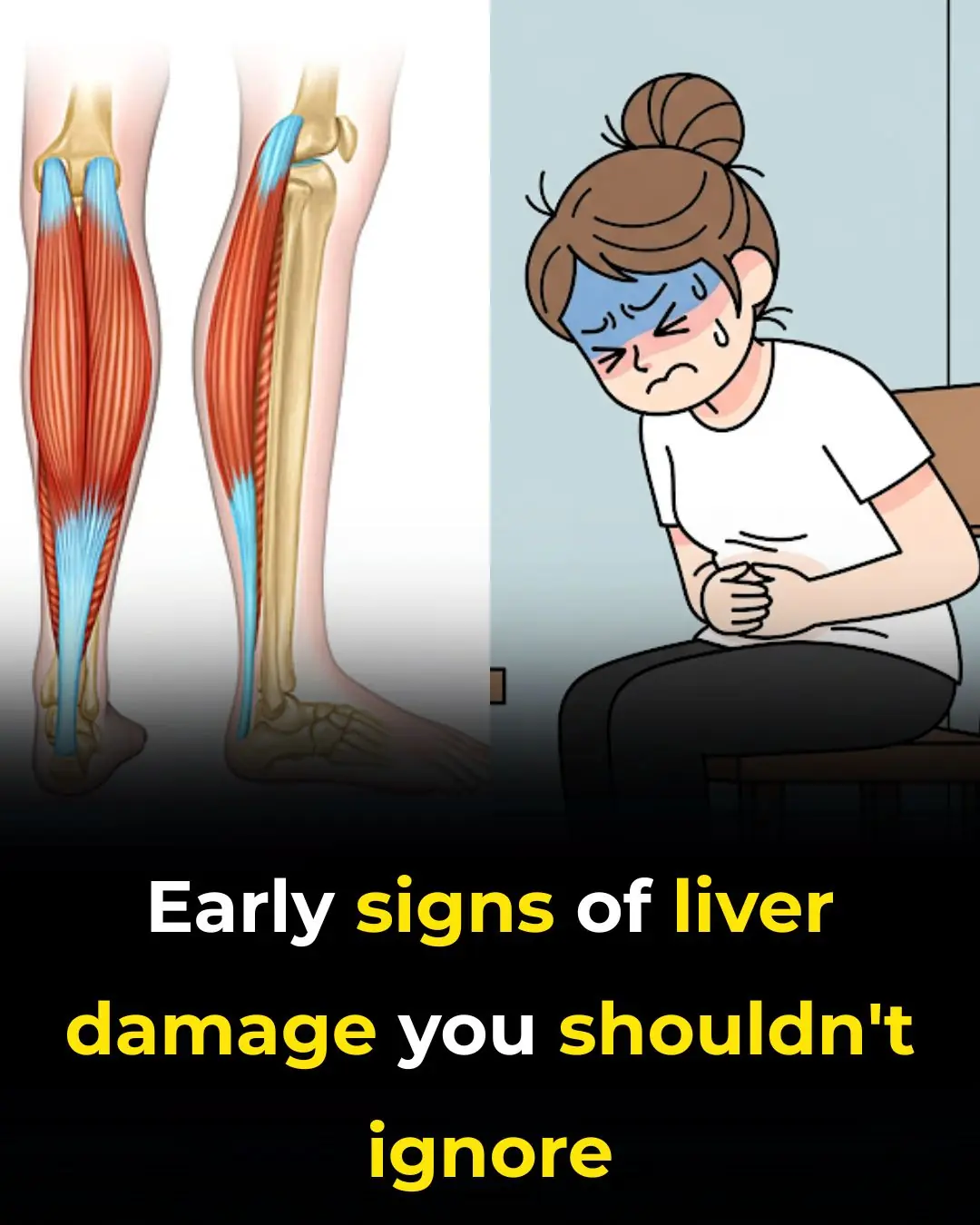
10 Warning Signs Your Liver is Overloaded with Toxins – Don’t Ignore These!
The liver is one of the most vital organs in the human body. It plays a crucial role in detoxifying harmful substances, producing bile for digestion, and regulating metabolism. However, in today’s world, our liver is often overloaded with toxins due to poor diet, pollution, alcohol consumption, and certain medications. When the liver is overwhelmed, it may struggle to perform its functions properly, leading to various health issues. Recognizing the early warning signs of a liver overloaded with toxins can help prevent serious damage and promote better health.
One common sign is fatigue and weakness. When the liver is overworked, it can cause an overall feeling of tiredness, as toxins build up and interfere with energy production. You may feel exhausted even after a full night’s rest.
Another symptom is jaundice, which is the yellowing of the skin and eyes. This occurs when the liver cannot process bilirubin effectively, causing it to accumulate in the bloodstream. Jaundice is a clear sign that your liver needs medical attention.
Dark urine and pale stools are also indicators of liver dysfunction. When bile production is impaired, the color of urine and stools can change. Dark urine and light-colored stools should never be ignored.
Swelling and pain in the abdomen or the upper right side of the stomach can indicate liver inflammation or enlargement. If you experience persistent discomfort or tenderness in this area, it is important to get checked by a healthcare professional.
Chronic itching can result from the buildup of bile salts under the skin due to liver problems. This symptom is often overlooked but can be a significant warning sign.
Another red flag is nausea and loss of appetite. These symptoms may occur when the liver struggles to detoxify the body, affecting the digestive system and causing discomfort.
Easy bruising and bleeding happen because the liver produces proteins necessary for blood clotting. When the liver is compromised, it may not produce enough clotting factors, leading to increased bruising or bleeding.
Mental confusion or difficulty concentrating, sometimes called “brain fog,” can occur when toxins accumulate in the blood and affect brain function. This symptom should never be dismissed, especially if accompanied by other signs of liver trouble.
Swelling in the legs and ankles can result from fluid retention due to liver dysfunction. This symptom is usually a sign of more advanced liver problems and requires immediate medical evaluation.
Lastly, persistent bad breath or a metallic taste in the mouth can be linked to liver issues. The liver’s inability to properly filter toxins may cause unpleasant tastes or odors.
To support liver health, it is essential to maintain a balanced diet rich in fruits, vegetables, and whole grains while avoiding excessive alcohol and processed foods. Regular exercise and staying hydrated also play a key role in helping the liver function properly. If you notice any of these warning signs, consult a healthcare provider promptly for diagnosis and treatment.
In conclusion, your liver works hard every day to keep your body healthy by filtering out toxins. Ignoring early warning signs can lead to severe liver damage or diseases such as cirrhosis or liver failure. Being aware of these 10 signs and seeking medical advice when needed can help you protect your liver and maintain overall well-being.
News in the same category


10 Hidden Warning Signs of Bowel Cancer You Shouldn't Ignore
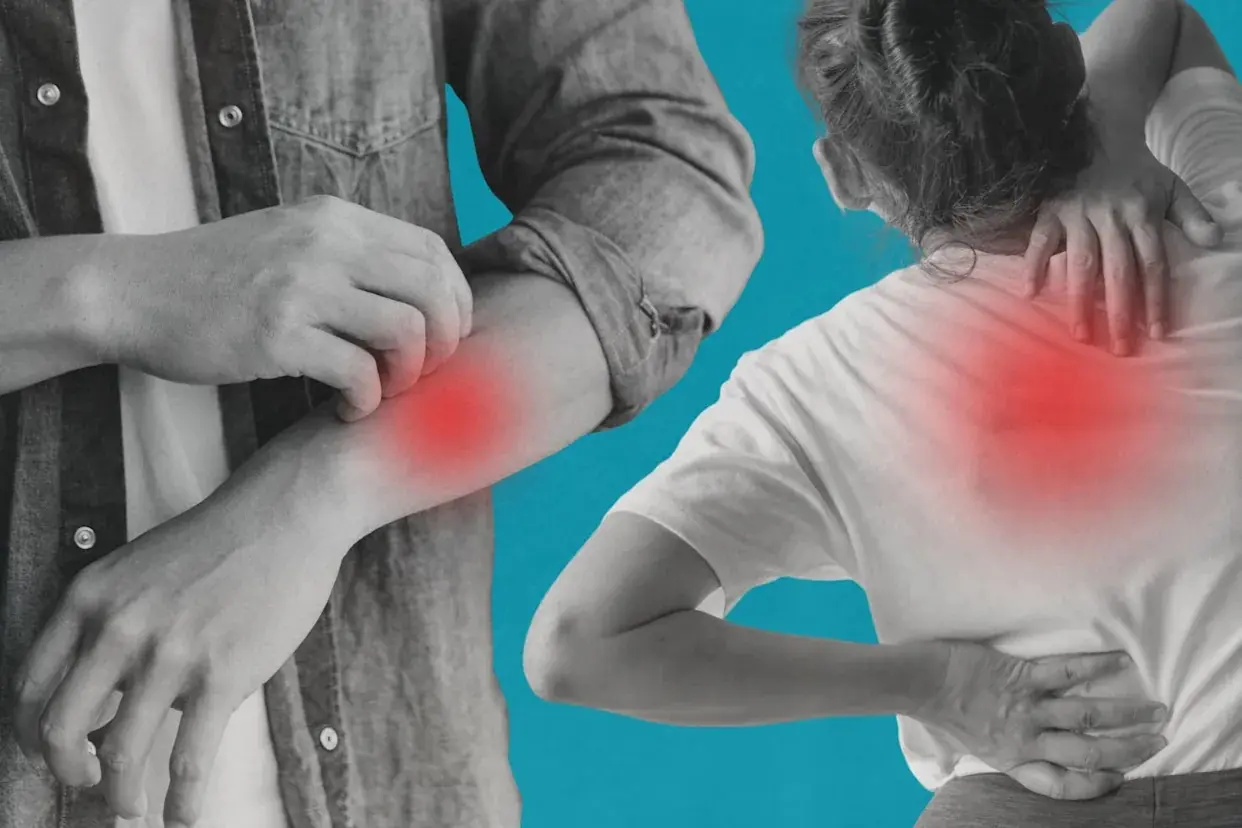
Doctors Warning: 5 Types of Pain You Should Never Ignore!

Here’s What Your Stool Can Tell You About Your Health
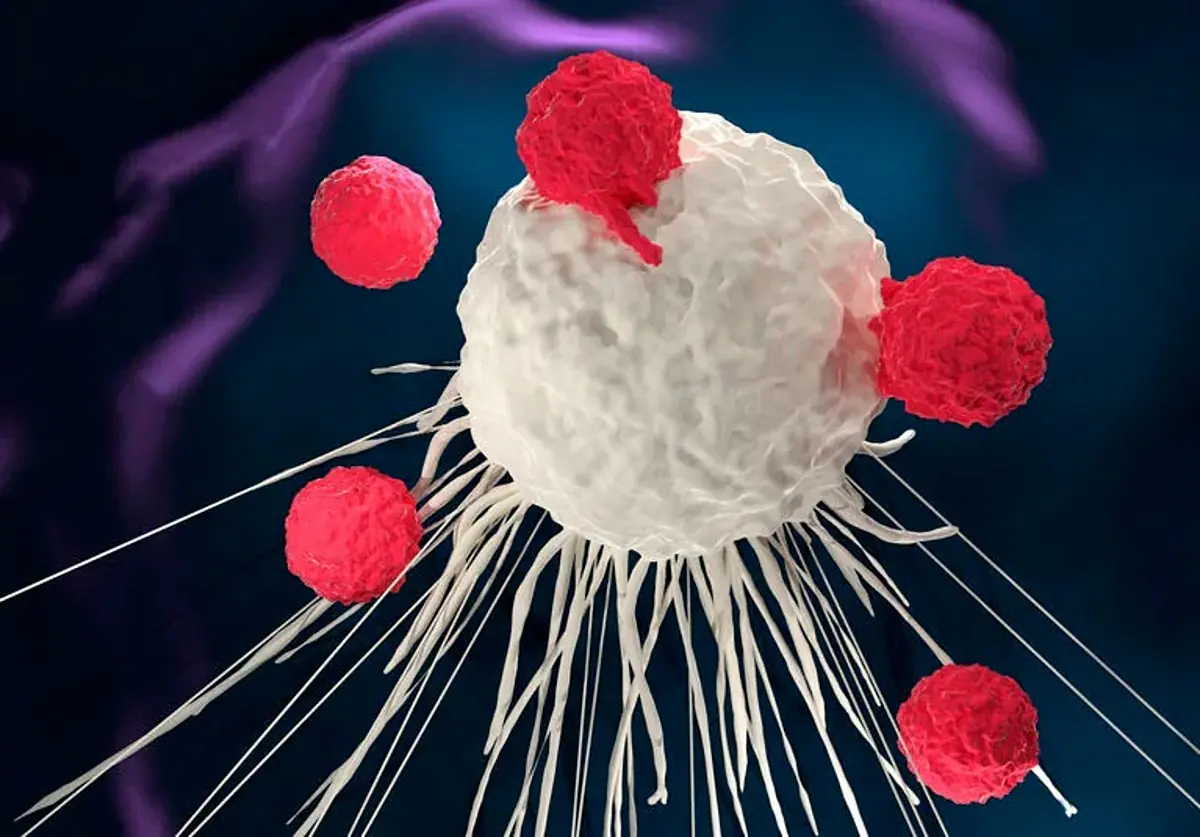
Do I Have Prostate Cancer? 12 Early Symptoms Men Should Never Ignore
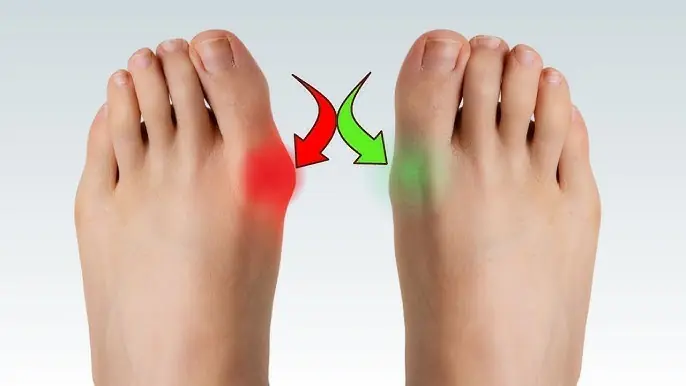
Reverse Bunion Pain with These Simple Home Remedies

Unexplained Bruising on Your Body: Causes and Treatments

10 Simple Ways to Help Your Body Detoxify and Cleanse Itself
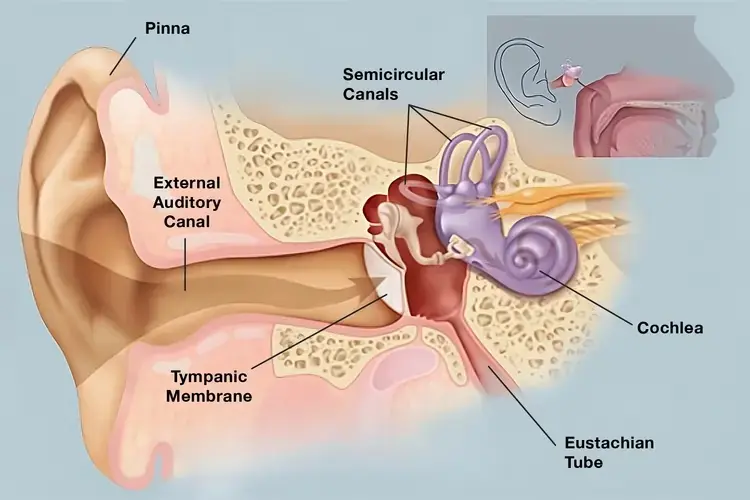
Cure Ear Infections Faster with These Effective Natural Remedies
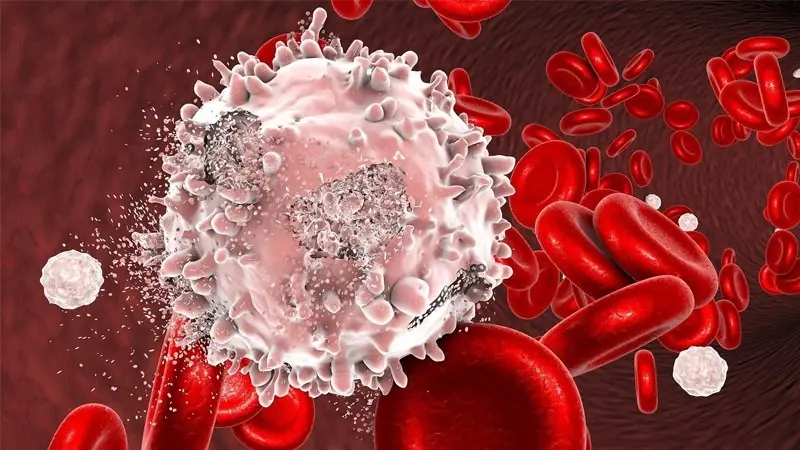
Scientists Explain How Water Fasting Can Trigger Stem Cell Regeneration, Fight Cancer, and Protect the Heart – Here’s What You Need to Know
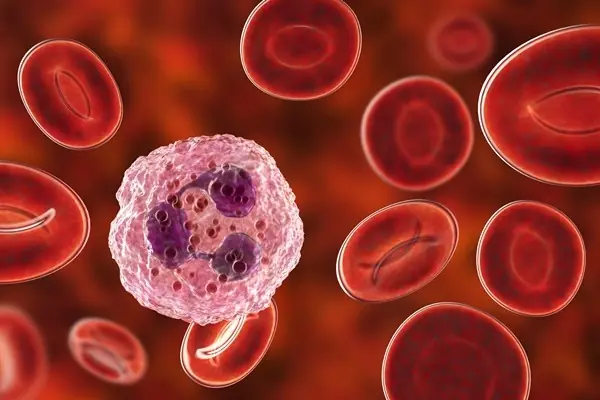
Not Many People Know the Early Warning Signs That Cancer Is Growing in Your Body
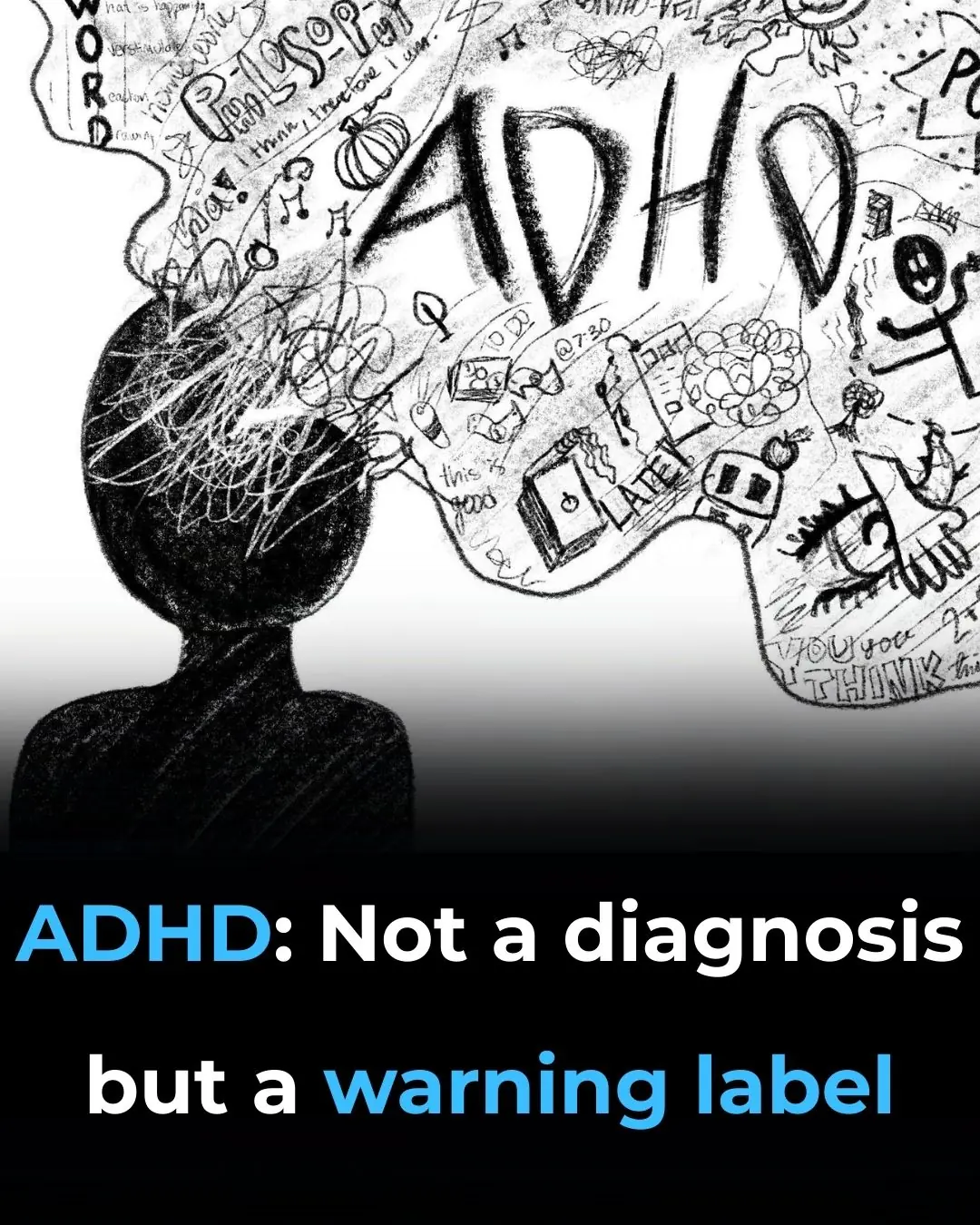
ADHD: Not a Diagnosis but a Warning Label
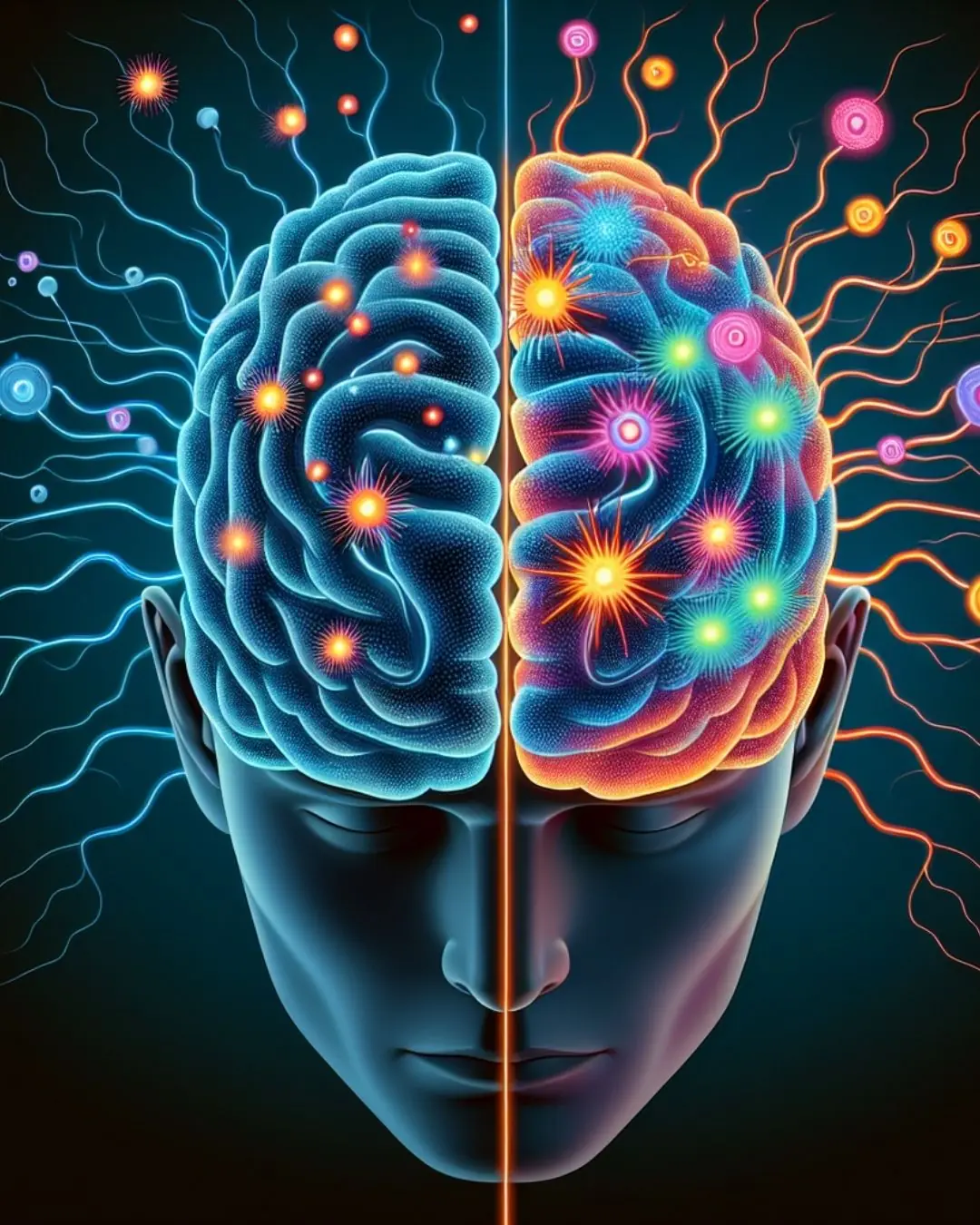
Integrating Brain Health Into the Clinic: An Assessment of Practice Patterns

Scientists Have Proven That Negativity Makes Cancer Grow Inside The Body

17 Worst Foods for Diabetics
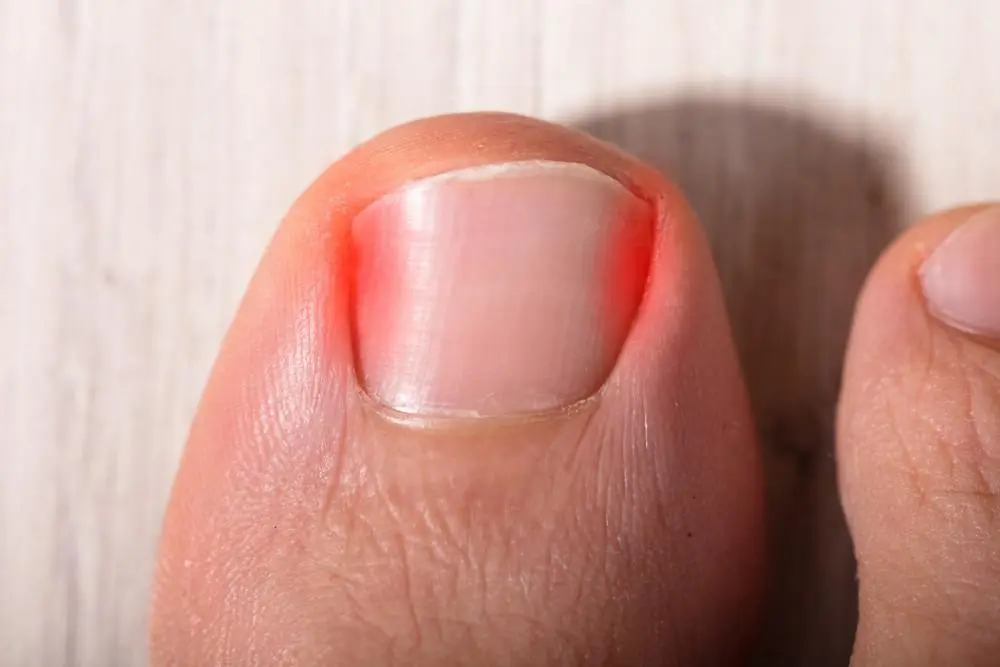
Home Remedies to Get Rid Of Ingrown Toenails (Onychocryptosis)

Molasses 101: Types, Proven Benefits, Uses and More

How & Why You Need to Freeze Lemons (Detailed Instructions)
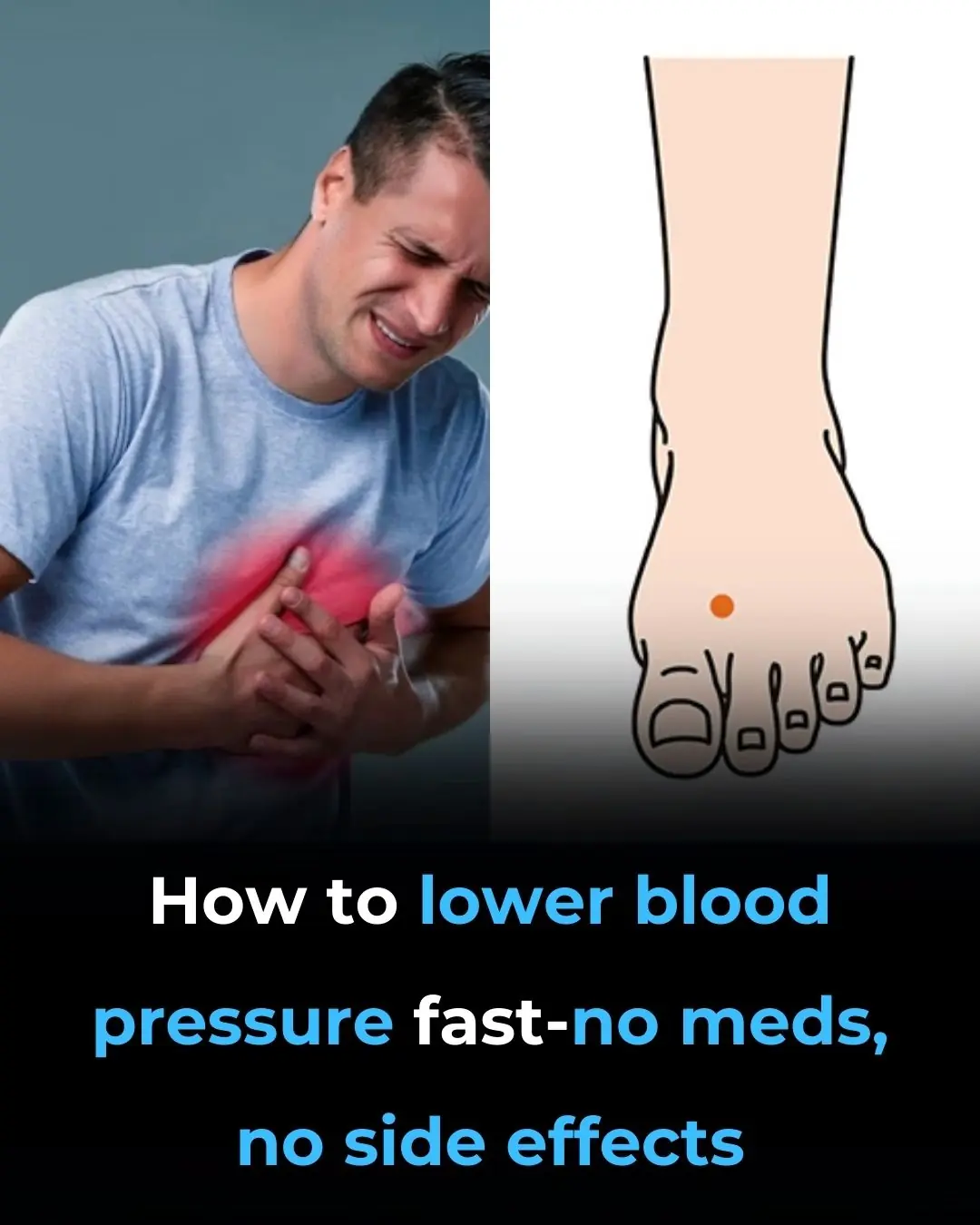
How to Lower High Blood Pressure Quickly Without Medications (Evidence Based)
News Post

Early Signs of Liver Damage & How to Strengthen Your Liver

10 Hidden Warning Signs of Bowel Cancer You Shouldn't Ignore

Doctors Warning: 5 Types of Pain You Should Never Ignore!

Here’s What Your Stool Can Tell You About Your Health

Do I Have Prostate Cancer? 12 Early Symptoms Men Should Never Ignore

Reverse Bunion Pain with These Simple Home Remedies

Unexplained Bruising on Your Body: Causes and Treatments

10 Simple Ways to Help Your Body Detoxify and Cleanse Itself

Cure Ear Infections Faster with These Effective Natural Remedies

Scientists Explain How Water Fasting Can Trigger Stem Cell Regeneration, Fight Cancer, and Protect the Heart – Here’s What You Need to Know

Not Many People Know the Early Warning Signs That Cancer Is Growing in Your Body

Can You Find the Hidden Pipe? Only 2% Can!

Nadya Suleman, The Supermom Who Gave Birth to Octuplets

ADHD: Not a Diagnosis but a Warning Label

Integrating Brain Health Into the Clinic: An Assessment of Practice Patterns

Scientists Have Proven That Negativity Makes Cancer Grow Inside The Body

17 Worst Foods for Diabetics

Fenugreek Oil for Hair Growth: Unlock Thicker, Healthier Hair Naturally
